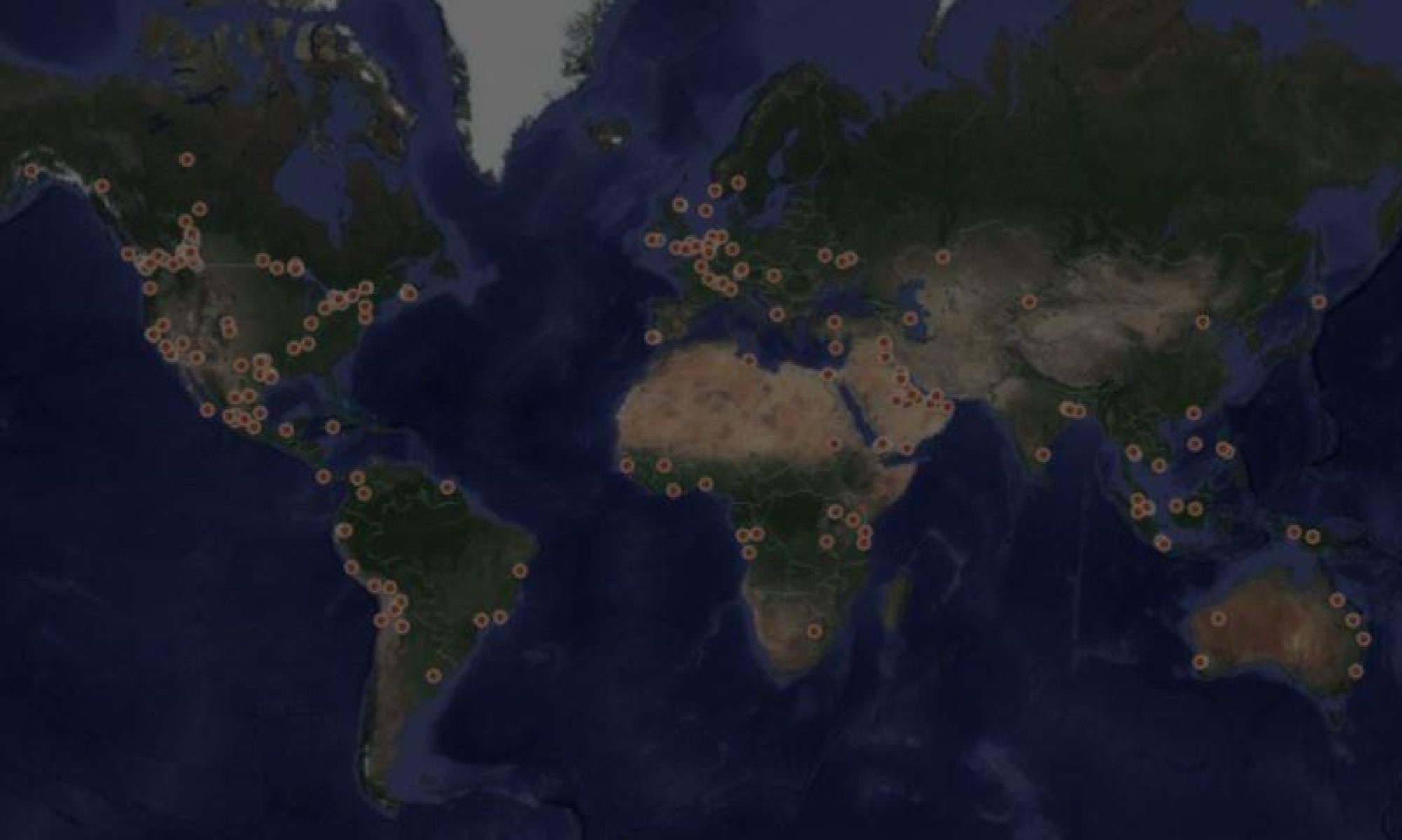APEGGA Professional Speaker Series
On March 3rd The Expatriate Group did a presentation for APEGGA. The topic was “Canadians planning to work abroad (or come home)”. Living as an Expat Canadian is much more than tax implications. During the presentation we identified the 6 dimensions of Expat Planning: Goals, Tax, Lifestyle, Wills, Currency/Banking and Financial Planning. This presentation gave us the opportunity to have open dialogue and walk the attendees through what each dimension looked like as a non-resident. Some of the highlights we discussed were non-residency, culture shock and wealth and strategies for saving.
Non-Residency: Individuals looking to eliminate their tax obligation to the Canadian Government on world-wide income do so by…. Unfortunately, the answer is not so simple. In Canada, non-residency is not a straightforward test as some people might think. Each situation is unique and a case by case basis. We have individuals contacting us daily trying to find out what is required and not required as a non-resident. CRA looks at the total picture – investments, banking, tax, social benefits, and social ties. There are minor ties and major ties to both Canada and in the new country of residence that are used to evaluate tax residency status and obligations.
Culture Shock: Personal disorientation (culture shock) occurs when a person is experiencing an unfamiliar way of life different from their own. Successful adaptation to new a new cultural environment is an important part of the expat transition. There are so many differences when going to a new country: different times to eat, the direction of traffic, food, cultural norms for small talk (what to ask/not ask). Once the change has been identified the individual must come up with coping strategies to adapt. The faster you adapt the faster you are able to overcome culture shock. We find that reverse-culture shock when returning to Canada is much more difficult to overcome and requires much more preparation and concrete readjustment strategies in order to have a successful repatriation to Canada.
Wealth is Complex: Going abroad has many concerns. Most people take care of the urgent pieces of work (i.e. tax, house rental, etc.) however there are many considerations. Banking, currency exchange, pensions, cash, savings, investment accounts, corporate structure, company headquarters, spousal departure, property, capital gains,  worldwide income, non-resident reporting requirements, tax treaties, Part XII, S216, capital cost allowance, rental expenses, international estate planning, return to Canada, immigration regulations, working visas, world-wide income, employment contracts, health care, repatriation of savings – the list is extensive. The more wealth one has, the more complex the picture gets. It is important to have a professional comprehensive review of these wealth issues – in fact there are tax implications on many of them.
worldwide income, non-resident reporting requirements, tax treaties, Part XII, S216, capital cost allowance, rental expenses, international estate planning, return to Canada, immigration regulations, working visas, world-wide income, employment contracts, health care, repatriation of savings – the list is extensive. The more wealth one has, the more complex the picture gets. It is important to have a professional comprehensive review of these wealth issues – in fact there are tax implications on many of them.
Strategies for Saving: Keep in mind that if you are working overseas you should take advantage of the tax free situation by saving additional income that you might earn. We recommend that our clients keep track of their personal financial accounting prior to departure, while they are away and upon return to Canada. It is common for Expatriate Canadians to hold assets in many different jurisdictions. We recommend consolidating your accounts  under one Canadian advisor and saving 1/3 of your salary while overseas in Canadian held investment accounts. We recommend this strategy for Estate planning purposes, your Canadian will covers your assets in Canada. Cash flow planning for retirement years should begin as early as possible – especially when the income tax liability in Canada has been reduced. Non-resident withholding taxes are applied to: dividends, rental payments, pension payments, OAS, CPP, RRSP payments, RRIF payments and annuity payments. However, capital gains may be tax-free for non-residents. Canada maintains international tax treaties with many different countries and the amount of withholding tax applied to non-resident income is based on a case-by-case basis.
under one Canadian advisor and saving 1/3 of your salary while overseas in Canadian held investment accounts. We recommend this strategy for Estate planning purposes, your Canadian will covers your assets in Canada. Cash flow planning for retirement years should begin as early as possible – especially when the income tax liability in Canada has been reduced. Non-resident withholding taxes are applied to: dividends, rental payments, pension payments, OAS, CPP, RRSP payments, RRIF payments and annuity payments. However, capital gains may be tax-free for non-residents. Canada maintains international tax treaties with many different countries and the amount of withholding tax applied to non-resident income is based on a case-by-case basis.
What you should do today: The first step to successful expatriate work abroad professional is to write down some clear goals (both personal and financial). Spend as much time as possible planning and documenting your expatriation from Canada to ensure a clear roadmap for years ahead. You will be amazed by the growth of your net worth while overseas when sticking to a well thought out financial plan. Pick one dimension of the wealth map (Goals, Tax, Lifestyle, Wills, Currency/Banking and Financial Planning) and dedicate some time to it today. A few hours will pay off forever! We have many clients that are expatriating, repatriating, retired and just starting out with their careers and they all have two things in common: they have a plan and they follow a comprehensive approach to their wealth. Please contact our firm for a consultation if you are interested in a review of your non-residency questions and concerns.
About the Author: Jeanette Boleantu is a non-resident wealth strategist with The Expatriate Group. Her mission is to not only create better planning but also to implement those strategies. This approach gives clients peace-of-mind and helps them to meet both their personal and financial goals.






